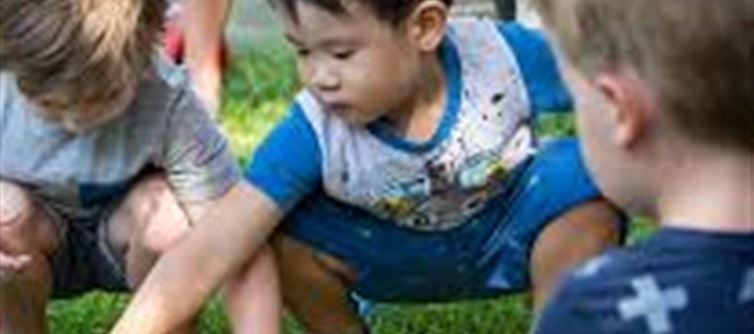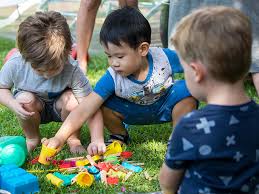
Play is not just fun for children; it’s essential for their overall development. It is through play that children learn, grow, and develop the skills they need to navigate the world around them. Whether it’s physical, imaginative, or social play, each type of play contributes to a child’s development in unique and important ways.
1. Cognitive Development
Play stimulates a child’s brain and helps with cognitive development. When children engage in pretend play or solve puzzles, they strengthen their problem-solving skills and improve their memory. Play also encourages creativity and imagination, allowing them to experiment with different ideas, scenarios, and concepts. This boosts critical thinking and helps them understand abstract concepts in a hands-on way.
2. Emotional Development
Through play, children can express their feelings and learn to cope with emotions. Activities like playing house or role-playing allow children to explore different emotions such as happiness, sadness, or anger in a safe environment. Play also teaches resilience as children learn to cope with winning and losing, and to handle challenges that arise during games. It helps build confidence as they achieve goals and try new things.
3. Social Skills
Play is essential for social development. Through interaction with peers during play, children learn important social skills like sharing, taking turns, cooperating, and resolving conflicts. These early social experiences are the foundation for later relationships and emotional intelligence. Group play also provides opportunities for children to practice effective communication and learn about empathy and perspective-taking.
4. Physical Development
Active play, such as running, jumping, or climbing, helps children build motor skills, coordination, and strength. Physical play not only supports healthy physical growth but also teaches them about their body’s abilities and limits. Fine motor skills are developed through activities like drawing, building with blocks, or using scissors, enhancing their dexterity and hand-eye coordination.
In short, play is vital for a child’s emotional, social, cognitive, and physical development. It fosters a healthy, well-rounded growth, helping children build the necessary skills to thrive in life.




 click and follow Indiaherald WhatsApp channel
click and follow Indiaherald WhatsApp channel